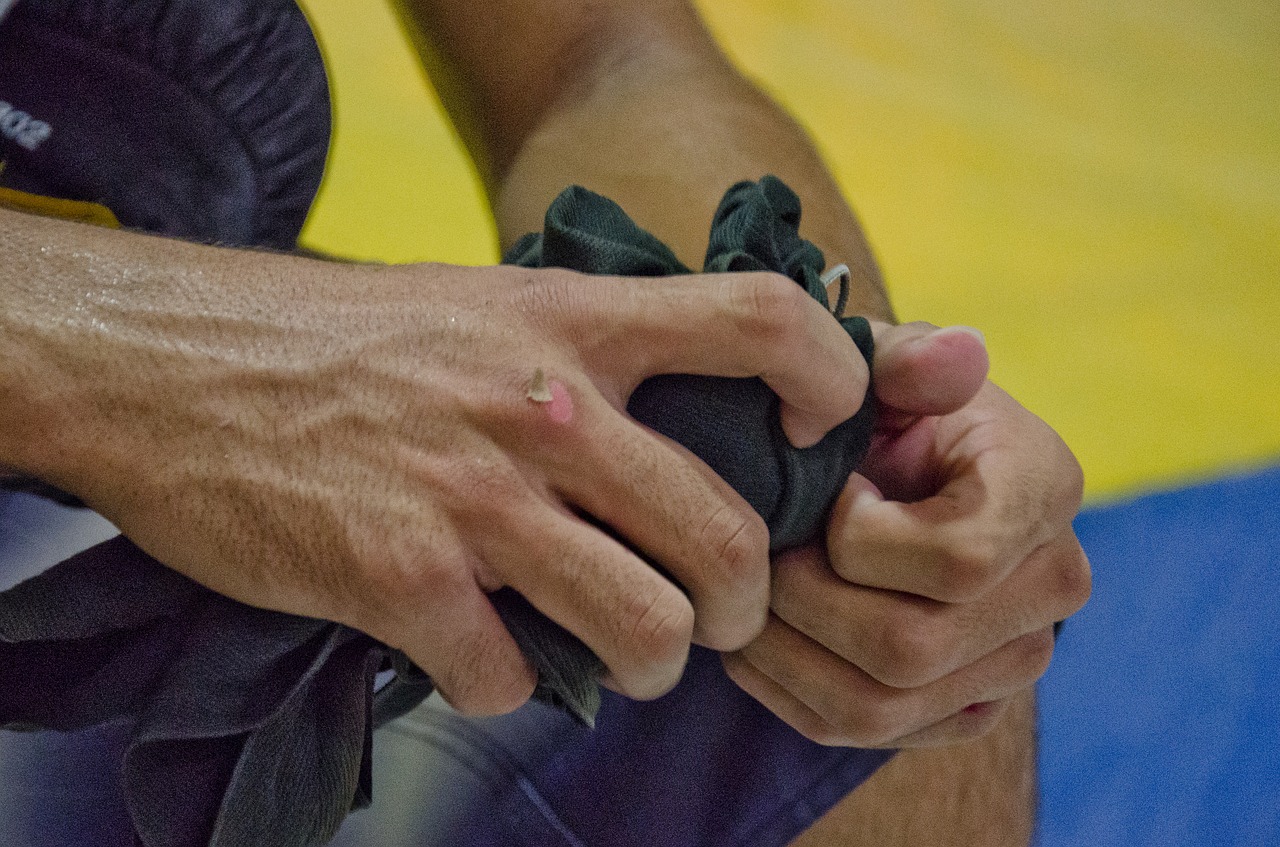
There is a mysteriousness when it comes to therapy and mental health. Some might think that it’s a bunch of psychobabble BS, or something like. Others think it’s snake oil, some made up mumbo-jumbo that has people talking about their feelings and whining about how their papa didn’t hug them enough when they were a kid. Then there’s the idea that you’re just going to lie on a couch while some dude with a goatee and a jacket with patches on the elbows of his jacket asks you about your mother.
All of these can contribute to the avoidance of therapy and the idea that we can handle things on our own. There is another misconception about psychotherapy that I’ve experienced, however: the idea that the therapist has all the answers. I have sometimes had veterans come into the office, sit down, and say, “Okay, I’m ready for you to therapatize me.” It’s as if they say, “Here’s my brain, Doc, tell me what you see.”
Therapy doesn’t work that way. Sure, I have the clinical training in diagnosis and treatment and understanding about mental health, the mind, and the brain. I also have the benefit of seeing a lot of veterans throughout the week, and see the common experiences among all of them. A veteran described me once as an “experience nexus,” in which I accumulate observations from many veterans and apply them to the particular veteran or military spouse in front of me. I think that’s an accurate description of any mental health professional.
There are some misconceptions that some veterans have, that therapy is something that is done to them rather than something that is done with them. Perhaps some of these points can bring some clarification.
Therapy is All About The Client
It’s your brain, you have to do the work. I’m not an expert at much of anything, but I’m certainly not an expert on you or any other veteran sitting in my office. I do have to say, this is coming from my own personal theoretical orientation; I have a client-centered focus, developed by Carl Rogers in the 1940s. In Rogers’ paradigm, we move away from the idea of “practitioner as the expert” towards an understanding that the client is the focus, not the knowledge that the therapist has. A veteran that comes to see me is not “sick” or “broken” and needs me to heal or mend them; instead, sometimes we don’t fire on all cylinders and could use some support in getting back on track.
Therapy is Not Mindreading
There are a lot of assumptions that we have when it comes to communication in general. It bugs my wife to no end when I finish thought a conversation in my head that I was talking about out loud. It’s like I finish my sentences in my mind and then go on to the next thing, my mind moving too fast for my mouth. Other times, people start a conversation in mid-thought, starting a conversation in the middle of a thought as if the other person knew what they were talking about. There is a misconception that therapy is like that: the therapist can see into my head and tell me what’s wrong there.
Don’t get me wrong, anyone who observes human behavior can learn a lot just from watching. How we hold ourselves, the unconscious movements of our eyes or mouth. Just observing words or mannerisms can seem like mind reading, but it’s not; it’s just observation. We can learn to be as aware of these things in ourselves as we are aware of them in other people, and demystify the process.
Therapy Isn’t Dispensing Answers like Medicine
As I mentioned above, therapy is something that is done with the veteran, not to the veteran. I often say to veterans, I’m not an answer machine…we have Google for that. Instead, I’m more of a mirror, I reflect back to the veteran what I see, what I observe, and they can tell me if it’s accurate or not. Sometimes that alone is enough to help shed some light on a sticky situation, getting a different perspective on a problem. What it isn’t, however, is listening to someone for a short period of time and writing out on a piece of paper, “here’s the problem. Here’s how you fix it.” I sometimes joke with someone, “take two blog posts and see me in the morning,” but it’s not really like that. It’s a very real and honest conversation with someone you trust, and someone who has the clinical training and experience to help you understand more about yourself.
Therapy Isn’t a Spectator Sport
This is something that often surprises me, that some veterans feel as though coming into the therapists office is like going into your doctor’s office. You walk in, show them your foot or elbow or whatever, they run a few tests or take some pictures and say, “There’s your problem.” Instead, it’s a two-way street; a knee is a knee is a knee, but the variability in the human mind is so great that there is simply no way to engage in therapy as a passive observer. There’s not a diagnostic machine that we can hook up to our brain, like in our cars, that spits out a code and says, “this is what’s wrong.”
Instead, much of the benefit from therapy comes outside of the counseling session. When someone reflects on the things that were talked about, uses some of the coping techniques that were discussed. Mental health counseling is not a passive pastime where we just sit and have a conversation; we have to apply what we’ve learned to the real life situations outside of the room. Only then do we begin to take control of ourselves, and achieve what we know we’re capable of.

The Head Space and Timing Blog is supported by the Colorado Veterans Health and Wellness Agency, a 501(c)3 Nonprofit in Colorado Springs, Colorado. The goal of the CVHWA is to provide military culturally competent mental health counseling to veterans and their spouses, regardless of characterization of discharge, time of service, or era of service. Our vision is to assist veterans to identify and remove barriers to their mental, physical, emotional, and behavioral wellness. For questions or inquiries, contact us!


